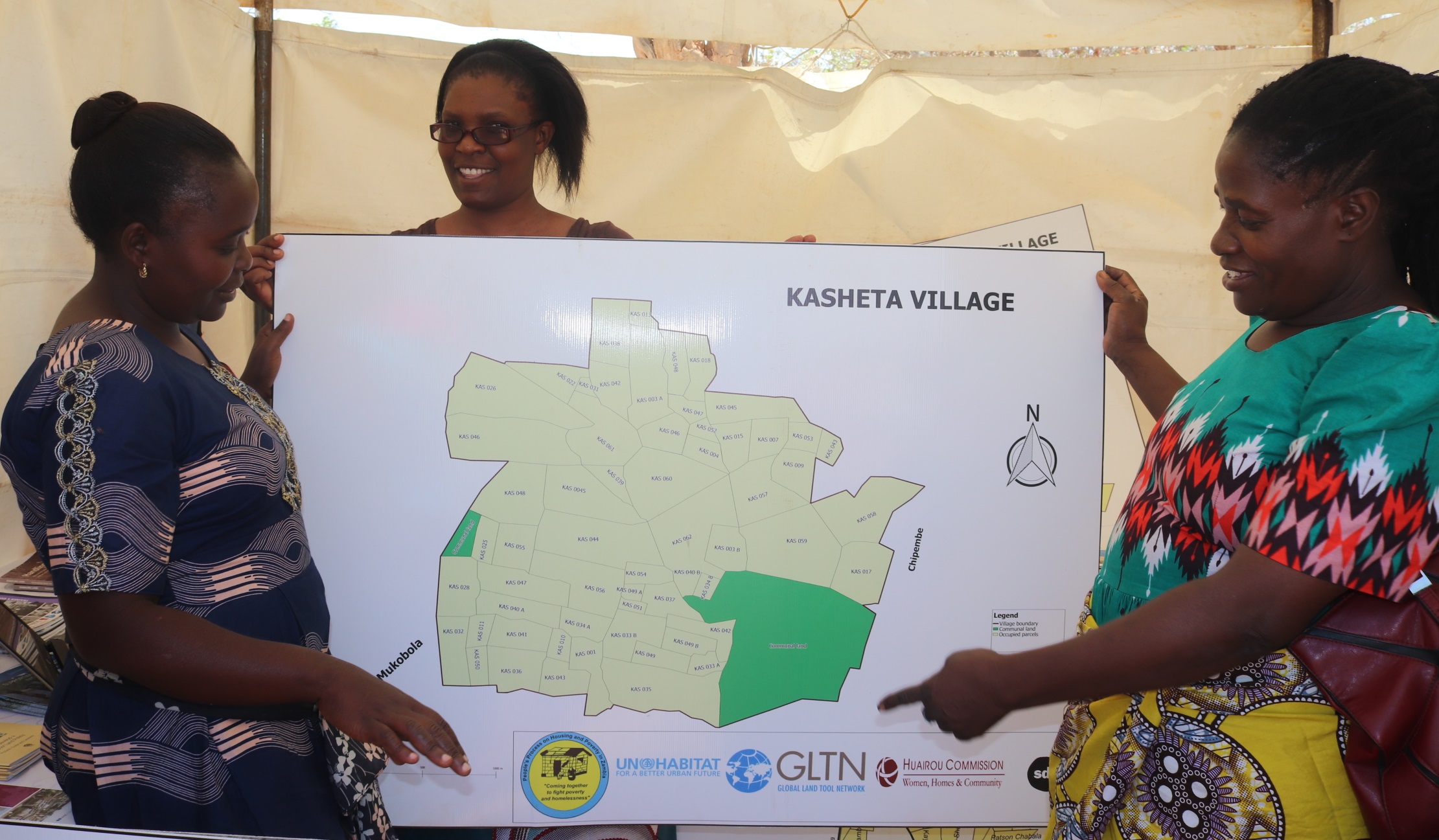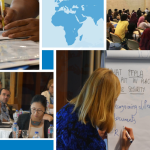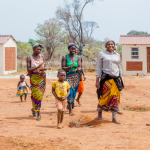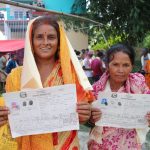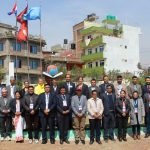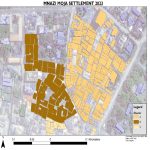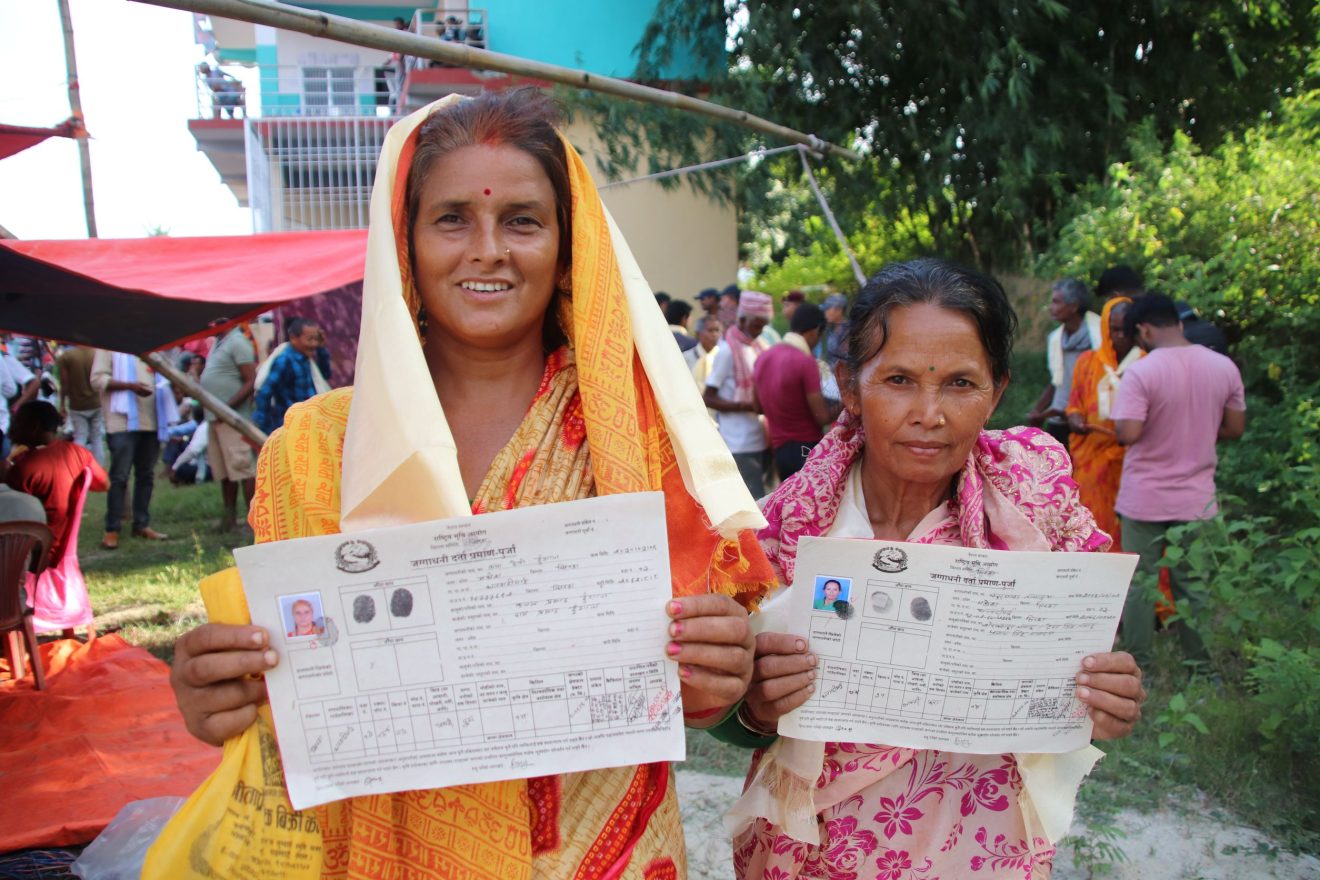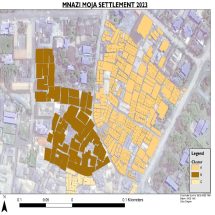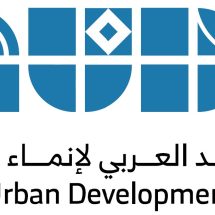Women’s empowerment and gender equality are at the core of the Global Land Tools Network’s (GLTN’s) vision and strategic goal of ‘Improved tenure security for all, with a focus on women, youth and vulnerable groups.’ To this end, GLTN collaborates with governments, traditional authorities, civil society organizations, local communities, the private sector and academia to develop and implement innovative, fit-for-purpose and gender responsive land tools and approaches.
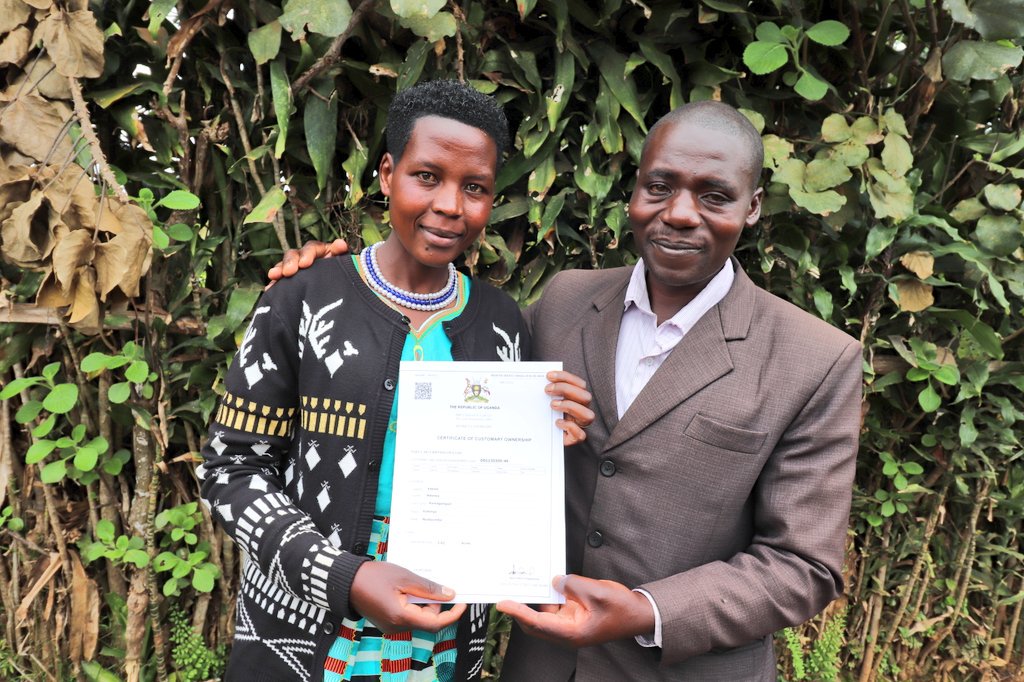
In the period 2019-2023, GLTN worked with partners in more than 15 countries in Africa, the Arab States region and Asia to facilitate legal and institutional land reforms, including strengthening the capacity of in-country partners to promote and implement gender responsive practices resulting in improved tenure security for more than 380,000 households, with women comprising 60 percent of beneficiaries.
GLTN’s toolkit, based on its adaptable ‘Continuum of Land Rights’ approach, has proven well-suited to identifying and addressing the needs of women in diverse contexts, including women as spouses, women-headed households, women in conflict settings, women from indigenous groups, elderly women, youth, and women with disabilities.
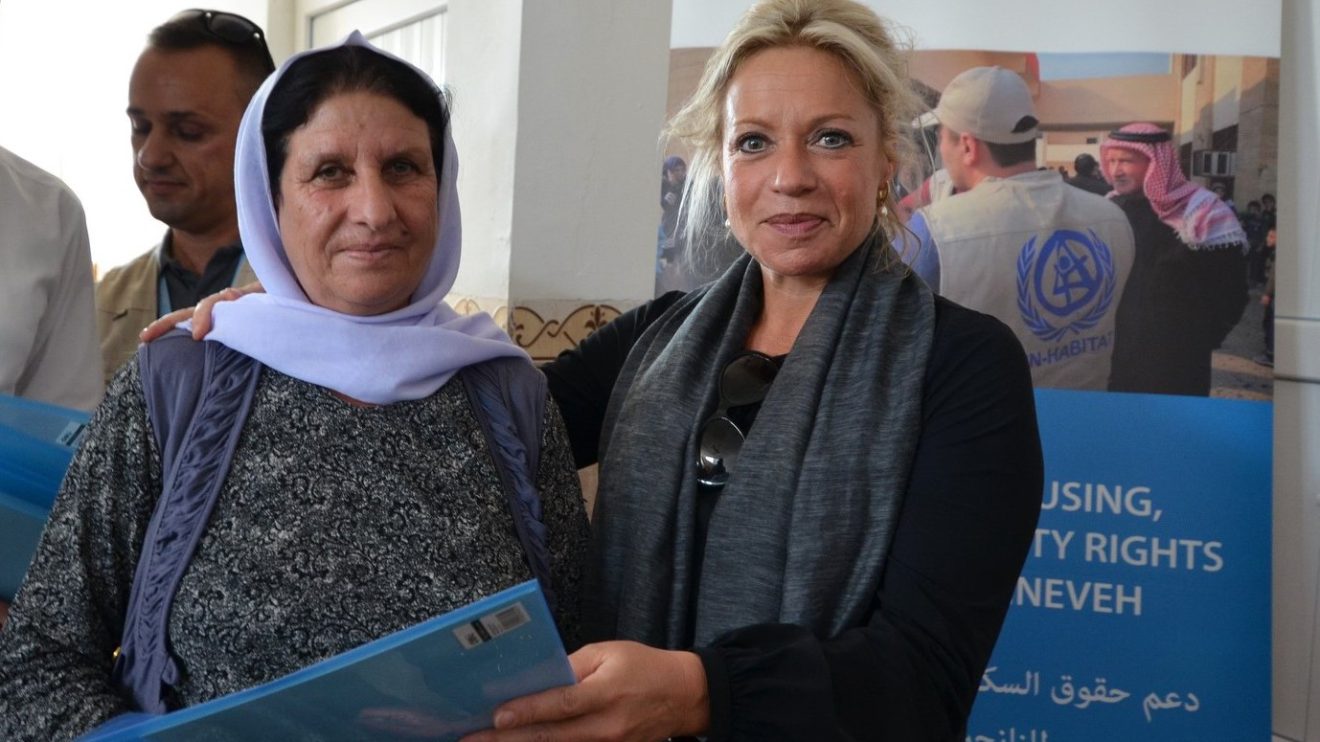
In Uganda, GLTN has teamed up with the government and local partners to develop a land administration structure and to support the social norms changes needed to implement the country’s gender-progressive land laws and policy in customary communities, resulting in registration of upward of 60 percent of all Certificates of Customary Ownership to women in both rural and—for the first time—urban communities.
In Iraq, GLTN’s Social Tenure Domain Model (STDM) provided the mechanism for registering 15,771 Housing Land and Property (HLP) occupancy certificates benefiting 100,409 women, men and children belonging to the returning Yazidi minority group. The certificates increased the recipients’ tenure security and qualified them for housing rehabilitation. As of 2023, more than 3,000 houses were rehabilitated in Sinjar.
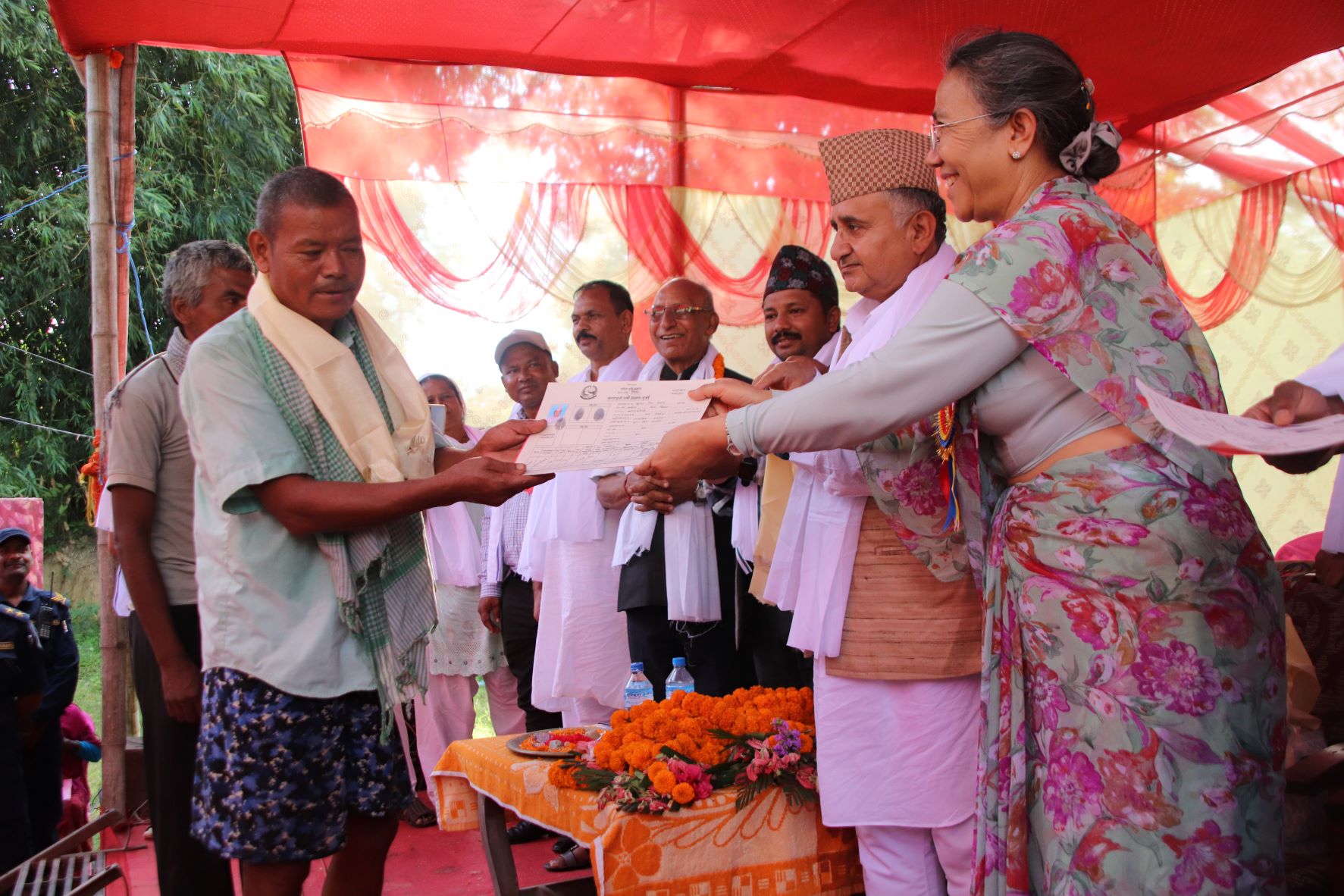
GLTN has worked closely with the government of Nepal to develop, adopt, and implement gender-progressive land law provisions and protections, in an environment where land tenure security grows increasing urgent as climate change threatens the arable land supply.
GLTN’s support for women’s land rights on the peri-urban fringe in Zambia, together with His Royal Highness Chief Chamuka and other partners, demonstrates the potential of collaborative efforts with dynamic and committed gender champions in a customary setting. GLTN’s recent collection of stories from Chamuka Chiefdom convey the transformational effect tenure security has had on women’s lives.
GLTN’s work in each of these countries prioritizes gender-equal participation and outcomes. Together with partners, GLTN has achieved strong results through interventions aimed at protecting and empowering women, including:
- Encouraging joint spousal registration (Iraq, Uganda, Nepal, Uganda), and requiring joint registration on all state-allocated lands (Nepal);
- Encouraging registration of women who are single heads of households (Uganda, Nepal, Zambia);
- Ensuring women take up leadership positions in land governance, resulting in changes to perceptions of women’s participation (Uganda, Nepal, Zambia);
- Introducing a policy requiring 50 percent of the land allocated at any given time in Chamuka chiefdom be reserved for women (Zambia); and,
- Providing tax incentives for registering land to women (Nepal).
